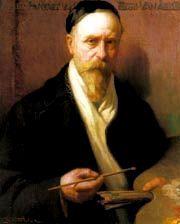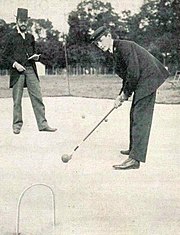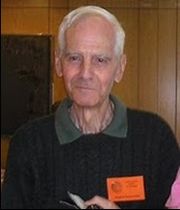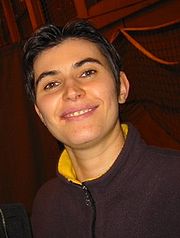Design
Design
Personality
Chart Properties
Your Cross represents the specific theme of your life. This cross embodies your unique potential & the lessons you're here to learn, providing a roadmap to fulfilling your life purpose.
We use the UTC birth time and date to do the calculations required to generate your Human Design chart.
Buy Tokens
Pay as you use, no expiry and no subscription required.Prompt Ideas
Get inspired with some epic prompt ideas.Alberto Fujimori's Biography
Japanese-Peruvian politician, who became President of Peru in 1990. On 22 November 2000, he was declared morally unfit for office and was dismissed by Congress. Parliament would not even accept his resignation. He is currently serving a 25-year prison sentence in Peru, having been convicted for murder, bodily harm, kidnapping, embezzlement and bribery.
Fujimori’s father was a Japanese immigrant; his parents were agricultural field hands. He is a Roman Catholic. In 1961, he earned his degree in agronomic engineering at Agrarian National University of “La Molina,” in Lima, graduating at the top of his class. He did his postgraduate work at the University of Strasbourg, France, as well as at the University of Wisconsin where he earned his Masters in mathematics. Prior to entering the political arena, he held various teaching and administrative positions, and was Principal at Agrarian National University from 1984-1989. He hosted a television talk show called “Getting Together,” and despite being a political outsider, he gained a reputation as a skillful political analyst. In 1989, he founded the “Cambio 90” political party, and with a simple slogan of “honesty, technology and work,” he launched a successful grass-roots campaign for the presidency.
His dictatorial style quickly changed Peru, as he instituted reforms to retain a free-market system, purged the government of those who might hinder him, set up new economic policies and armed the peasants against guerrillas. He was re-elected in a landslide victory on 9 April 1995. He sought a third term in 2000, under the reinterpreted guidelines of the Peruvian Constitution; despite the country’s growing dissatisfaction with his leadership, Fujimori prevailed over Alejandro Toledo, his major opponent, amid charges of unfair campaign practices.
Fujimori and his wife Susana Higuchi have four children.
On 24 May 2001, Peru’s attorney general asked Congress to pursue homicide charges against the former president in a state-sponsored massacre in 1991. The Colina death squad has shot 15 people in a tenement, a terrorist action stated to be known by Fujimori.
Fujimori maintained a self-imposed exile in Japan until his arrest while visiting Chile in November 2005. He was extradited to face criminal charges in Peru in September 2007. In December 2007, Fujimori was convicted of ordering an illegal search and seizure and was sentenced to six years in prison. The Supreme Court upheld the decision upon his appeal. In April 2009, Fujimori was convicted of human rights violations and sentenced to 25 years in prison for his role in killings and kidnappings by the Grupo Colina death squad during his government’s battle against leftist guerrillas in the 1990s. The verdict, delivered by a three-judge panel, marked the first time that an elected head of state has been extradited to his home country, tried, and convicted of human rights violations. Fujimori was specifically found guilty of murder, bodily harm and two cases of kidnapping.
In July 2009, Fujimori was sentenced to seven and a half years in prison for embezzlement after he admitted to giving $15 million from the Peruvian treasury to his intelligence service chief, Vladimiro Montesinos. Two months later, he pleaded guilty in a fourth trial to bribery and received an additional six-year term. Transparency International considered the money embezzled by Fujimori to be the seventh-most for a head of government active within 1984–2004. Under Peruvian law, all the sentences must run concurrently; thus, the maximum length of imprisonment remained 25 years.
In December 2017, President Pedro Pablo Kuczynski granted the 79-year-old Fujimori a humanitarian pardon. The pardon was overturned by Peru’s Supreme Court in October 2018 and Fujimori was ordered back to prison. On 23 January 2019, Fujimori was sent back to prison to complete his sentence with his pardon formally being annulled a month later.
Link to Wikipedia biography
Alberto Fujimori
Your Cross represents the specific theme of your life. This cross embodies your unique potential & the lessons you're here to learn, providing a roadmap to fulfilling your life purpose.
We use the UTC birth time and date to do the calculations required to generate your Human Design chart.


Flori Van Acker
1/3 Sacral GeneratorAbhiram Bhadkamkar
2/4 Self Projected ProjectorIda Perry
4/6 Emotional - Solar Plexus Projector

Chrétien Waydelich
1/3 Emotional - Solar Plexus Projector

Demetrio Santos Santos
1/3 Emotional - Solar Plexus Generator





